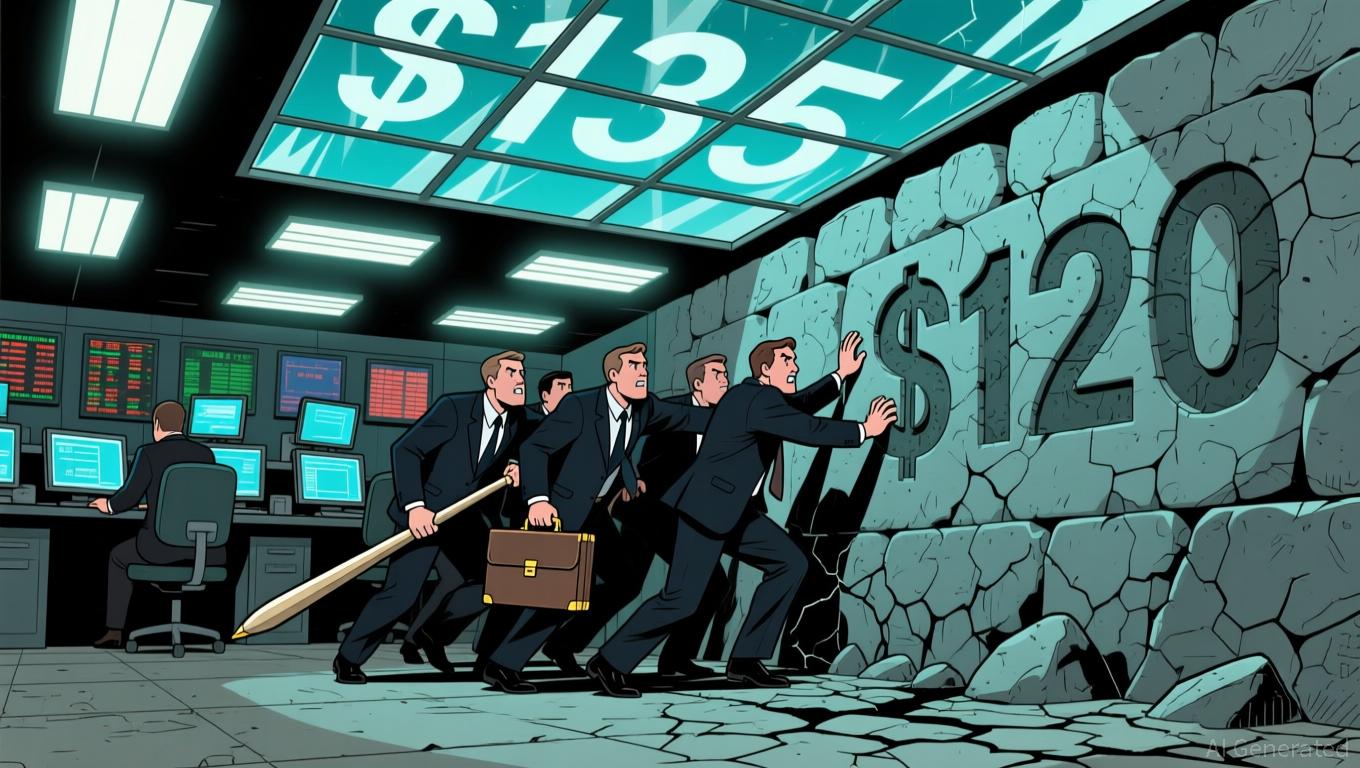CZ’s Trump Pardon Didn’t Happen in a Single Phone Call – Lawyer Shares Details
CZ’s pardon did not come from a private call, according to his lawyer. Teresa Goody Guillén says the decision followed a formal DOJ and White House review, rejecting claims of political favors, USD1 influence, or hidden ties between Binance and Trump-linked entities.
Binance founder Changpeng “CZ” Zhao’s latest pardon from US President Donald Trump did not come from a backroom phone call, his lawyer has insisted.
Teresa Goody Guillén said the process followed a standard multi-step review involving the Justice Department and White House lawyers.
How the CZ’s Pardon Process Worked
Speaking on Anthony Pompliano’s podcast, she described a formal application that moved through several government offices.
“You have to write up the justification, and then a variety of people look through it,” she said.
She said the Justice Department’s pardon attorney, a dedicated pardon office, and the White House Counsel’s Office reviewed Zhao’s application.
“All of that review has to take place before it can be granted,” she added, stressing that the president then gives final approval.
Goody framed the underlying case as a regulatory matter rather than a criminal one involving victims.
“He was charged with Binance’s failure to implement and maintain anti-money laundering and compliance programs,” she said. “There’s no money laundering involved. It’s a compliance issue.”
According to her, CZ was pardoned “because he never should have been prosecuted in the first place.”
She argued Zhao’s treatment broke with past practice in financial enforcement. He is the only executive ever prosecuted and sent to prison for such AML programme failures with no fraud or victims.
“Name your big financial institution,” she said, noting that banks have faced similar or worse violations. “We don’t see any of their CEOs being prosecuted. That never happens,” she argued.
Goody linked the case to what she called a broader “war on crypto” after the collapse of FTX. She said regulators needed a high-profile target and “unfortunately that ended up being Binance and CZ.”
Lawyer Rejects Pay-to-Play Allegations and USD1 Rumors
The podcast also addressed persistent rumours of favour-trading around the pardon. Critics have suggested business ties between Binance, Trump-linked ventures and World Liberty Financial’s stablecoin, USD1, influenced the decision.
Goody pushed back hard on those narratives.
“It’s really just a pile up of false statements, misstatements and assumptions,” she said.
She challenged the claim that World Liberty Financial is simply “Trump’s company,” saying she had seen only emeritus references and reports of a minority stake.
She argued critics treat that as a hard fact, then build pay-to-play theories on top.
Further, the lawyer dismissed the idea that USD1 running on BNB Chain proves a special relationship between Binance and Trump. She stressed that USD1 exists on multiple chains and is held by other exchanges.
“Just because a stablecoin runs on a public chain does not mean there is a special relationship with its former CEO,” she said in substance.
Goody likened it to paying for goods in a foreign currency without implying a political link to that country.
Another focal point was a claim that MGX’s payment in USD1 for a Binance stake showed money flowing back toward Trump. Goody said this reflects “a fundamental lack of understanding” of how stablecoins and their business models work.
She argued that if any illicit crypto payments to a political figure existed, blockchain transparency would expose them.
“If that were the case, we would be seeing it tracked and reported in a verifiable way,” she said.
Beyond the pardon, Goody confirmed Zhao is not returning to run Binance. She noted the exchange still faces restrictions and government oversight from multiple US agencies.
Binance remains under a Treasury-monitored compliance regime, despite having no US customers.
Disclaimer: The content of this article solely reflects the author's opinion and does not represent the platform in any capacity. This article is not intended to serve as a reference for making investment decisions.
You may also like
Australia's approach to cryptocurrency regulation promotes innovation and protects investors
- Australia introduces 2025 Digital Assets Framework Bill to regulate crypto exchanges and custody platforms under AFSL licensing and ASIC oversight. - The law creates two platform categories (transactional and custody) with exemptions for small operators and strict compliance penalties to prevent fraud. - Projected $24B annual economic gains aim to balance innovation with investor protection, aligning with global crypto regulatory trends like the U.S. GENIUS Act. - Industry welcomes safeguards but seeks s
Law Firms Take Action Against Corporations Amid Rising Investor Lawsuits
- U.S. law firms like Schall and Gross are leading class-action lawsuits against corporations for alleged investor misrepresentations across sectors. - Cases involve DexCom , MoonLake , Beyond Meat , and Stride , accusing them of concealing risks, overstating drug efficacy, and inflating enrollment figures. - Legal actions highlight SEC's intensified focus on biotech disclosures and edtech compliance, with deadlines set for investor claims by late 2025-2026. - These lawsuits emphasize corporate accountabil
Solana News Update: Solana ETFs Attract $476M While Death Cross and $120 Support Level Approach
- Solana ETFs attract $476M in 19 days, driven by Bitwise's 0.20% fee BSOL ETF with $424M inflows. - Technical indicators show a death cross and $120-$123 support test, with RSI at oversold 33 amid stagnant price action. - Institutional confidence grows via Franklin Templeton's fee-waiver strategy, contrasting Bitcoin/Ethereum ETF outflows of $5.34B. - Whale accumulation and on-chain growth hint at long-term buying, but $140 resistance remains unbroken despite ETF inflows.

XRP News Today: ADGM's Authorization of RLUSD Establishes International Standard for Institutional Stablecoin Compliance
- Ripple's RLUSD stablecoin gains FSRA approval for institutional use in Abu Dhabi's ADGM, effective November 27, 2025. - The $1.2B market-cap stablecoin features 1:1 USD reserves, third-party audits, and compliance with ADGM's transparency standards. - ADGM's approval aligns with its strategy to position Abu Dhabi as a global digital asset hub through regulated fiat-referenced tokens. - Ripple's Middle East expansion includes partnerships with UAE banks and regulatory licenses in Dubai, Bahrain, and Afric

